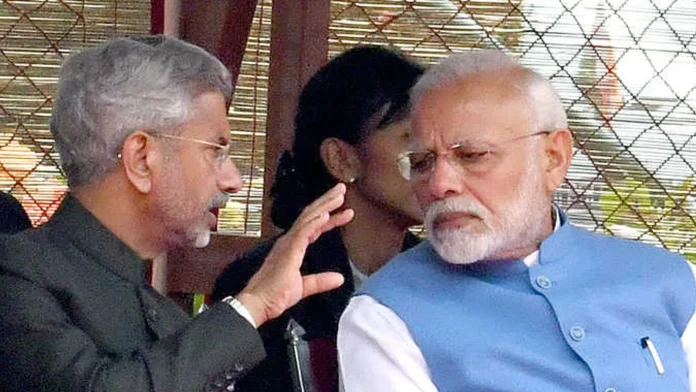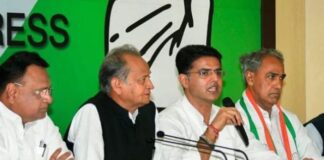For some time now, Prime Minister Narendra Modi and the External Affairs Minister Subrahmanyam Jaishankar have been playing good-cop-bad-cop on the diplomacy front.
While Modi focuses on extending India’s soft power through initiatives like the International Solar Alliance, Jaishankar plays tough, calling out Uncle Sam’s dalliance with the Pakistani terrorist state, China’s double-speak on terrorism, and defending India’s purchases of Russian oil with no-nonsense wordage.
By R Jagannathan
Jaishankar told the US, “you are not fooling anybody”, when the former decided to offer a package for refurbishing its F-16s, allegedly to deal with terrorism.
He called out the Chinese hypocrisy on terrorism at the recent UN General Assembly after the latter repeatedly blocked the designation of Jaish-e-Mohammed founder, Masood Azhar, as a terrorist.
The External Affairs Minister also stoutly defended India’s purchases of cheaper Russian oil as necessitated by a poorer country’s energy needs.
All of Jaishankar’s ripostes to Western and Chinese hypocrisy, and even anti-India acts, have been loudly applauded and supported on social media.
All of this is right and true, but it is worth stepping back from all the noise and asking ourselves a basic question: having stated our positions clearly, is it time to step back from verbal counters to focusing on the real job at hand: strengthening ourselves first before doing the verbal pushbacks?
The phrase, “speak softly, but carry a big stick”, is attributed to Theodore Roosevelt, US president in the first decade of the twentieth century (1901-1909).
This is the right strategy for us right now — especially after we have already made our position clear to one and all. The next time we have a disagreement with the US, we must convey it privately.
If you remember how China behaved when it was weak, (under Deng Xiaoping, China talked of its “peaceful rise”), and when it is clearly the world’s second superpower (under Xi Jinping, the Dragon is baring its teeth, threatening all its neighbours), the phrase is self-explanatory.
For India, which is barely a $3 trillion economy today, the need to speak boldly and assertively is less important now. Over the next decade, as it becomes the world’s largest nation by population and seeks to become a $8-10 trillion economy, it has to focus on building internal strengths and largely ignore the pinpricks from Rogue Uncle Sam and Mafia Don Xi.
Our interests are best served by humour and understatement, not bold ripostes. Where we need to convey strong disagreement or even opposition, we should do it privately.
So, when the US sends F-16s to Pakistan, instead of saying no one is fooled, we should welcome the move and look forward to the Pakistan Army dropping bombs on the Lashkar and Jaish training camps.
When the US criticises us for buying cheap Russian oil, we should say we are happy to sell the same to Europe on a no-profit-no-loss basis.
When China blocks the next move to designate the Jaish as a terrorist organisation, we should welcome Chinese efforts to domesticate and re-educate them as they do with the Uyghurs.
Speaking softly should be the norm as we proceed to acquire a big economic and military stick over the next decade.
For ordinary Indians, especially Hindus, it means we need to outrage less on social media, and focus more on building societal strengths that will serve us better in the long run.
What is good advice to the Modi government is equally good advice to Internet Hindus. Being Right is no longer good enough; you must have the power to enforce what is right.
This article first appeared in www.swarajyamag.com and it belongs to them.








